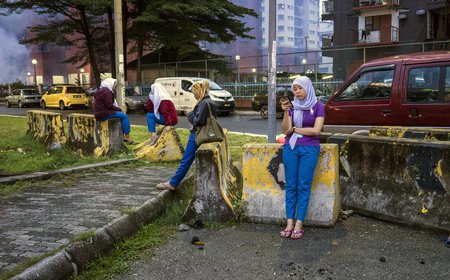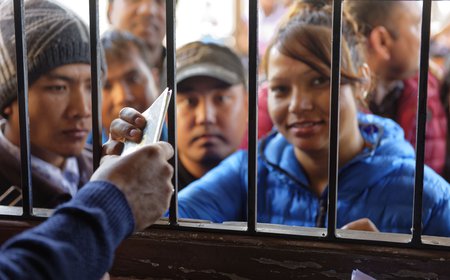Gender and global migration governance for South-South migration
This paper begins with an overview of global frameworks and policy processes, focusing initially on targeted efforts made since the early 2000s to better coordinate the global governance of migration and build the foundation of a more gender-responsive, rights-based approach. It explores how major initiatives from the Global Commission on International Migration onwards sought to integrate gender into their work and paved the way for more recent developments, notably the 2030 Agenda for Sustainable Development, the two Global Compacts on migration and refugees and changes to the rights-based international labour migration framework such as ILO Convention No. 189. It also examines the key role in these developments played by actors within the UN system and beyond whose role has in turn been shaped by these changes to the migration governance landscape.
Following a global overview, the focus then shifts to how gender is incorporated in regional and sub-regional approaches to migration governance in Asia, Africa and Latin America. In each case, a broad regional overview is provided alongside some consideration of sub-regional and national policy frameworks, with a focus on those regions spanned by our country corridors. It concludes with some reflections on the key findings from the global and regional perspectives, and identifies the main gaps in our knowledge regarding the extent to which the existing migration governance regime addresses the gendered dimensions of South-South migration flows which could be addressed in future research.



